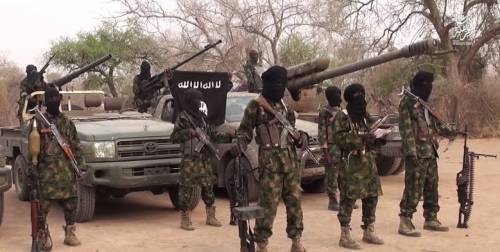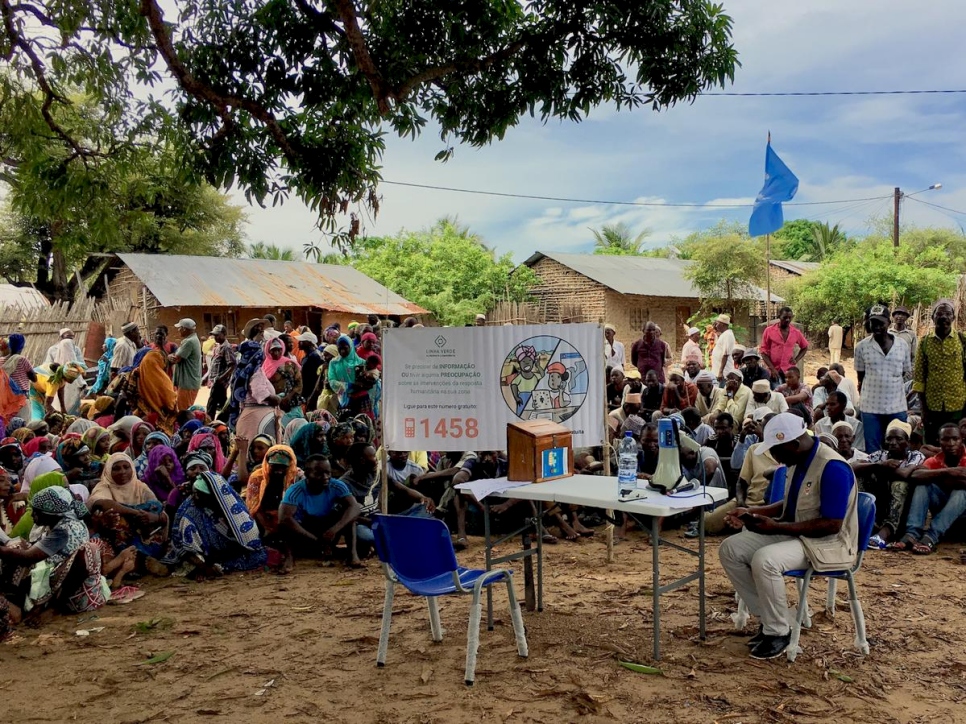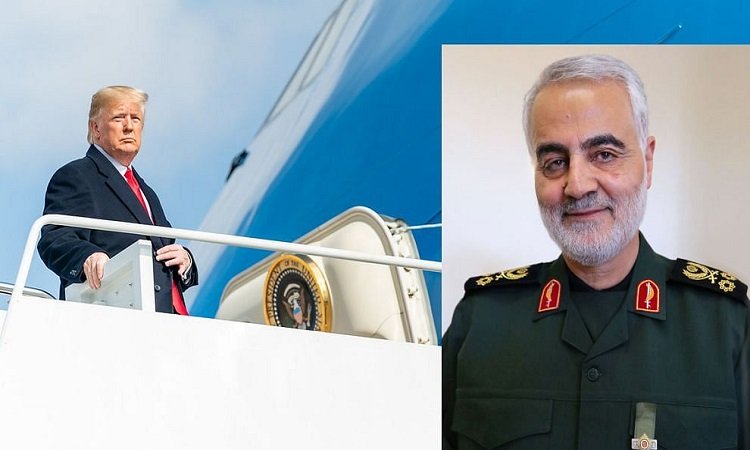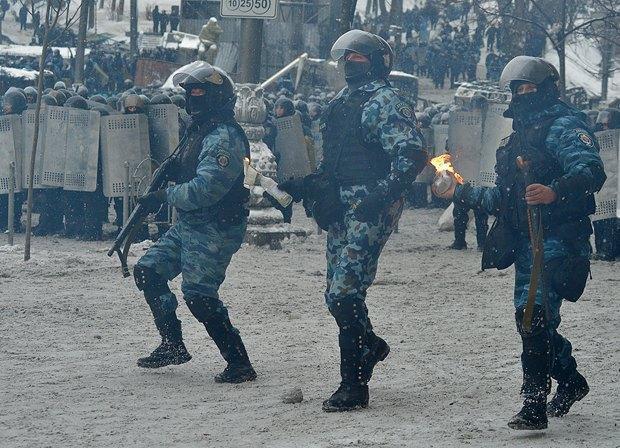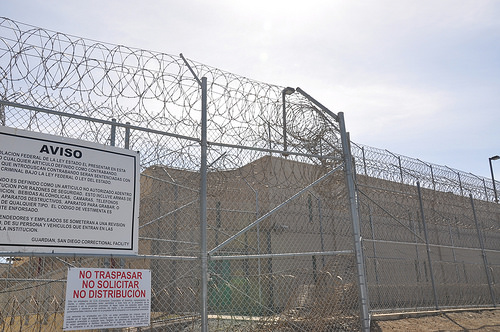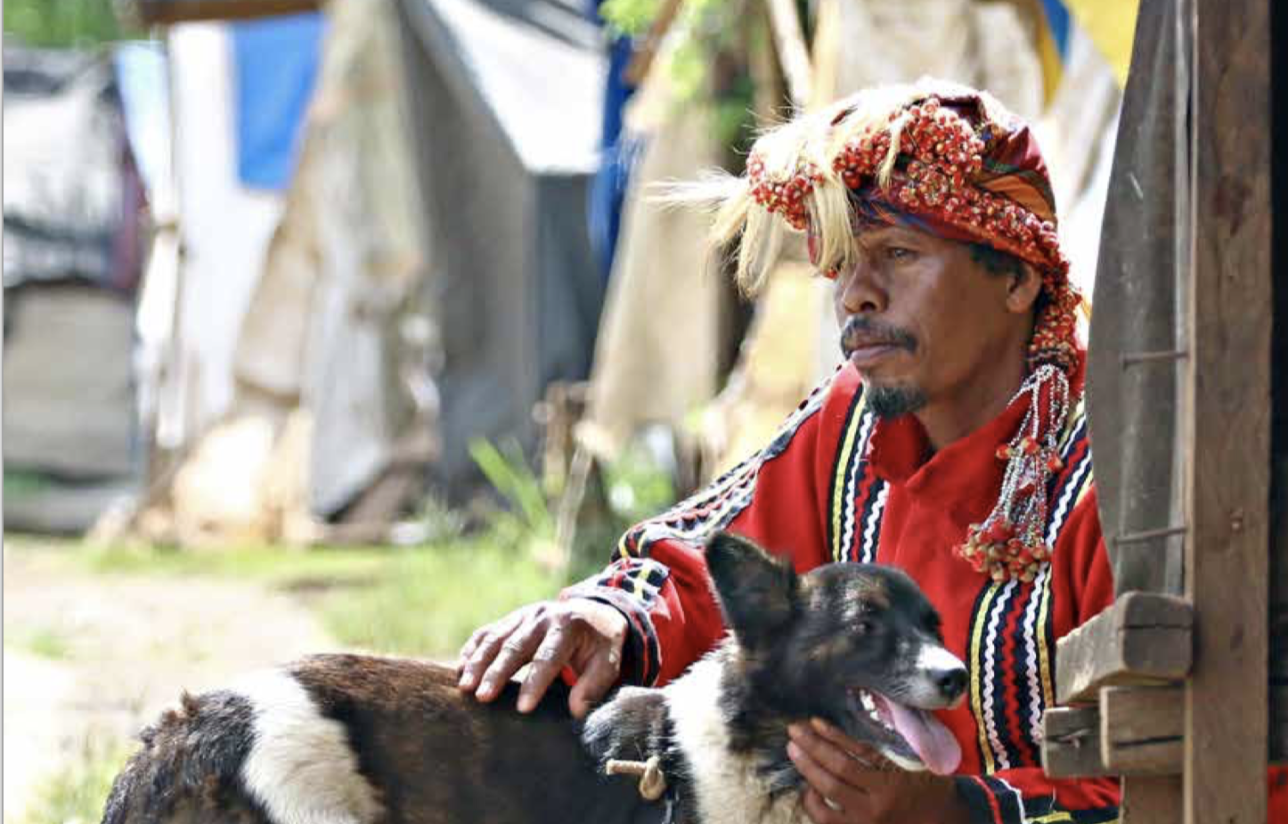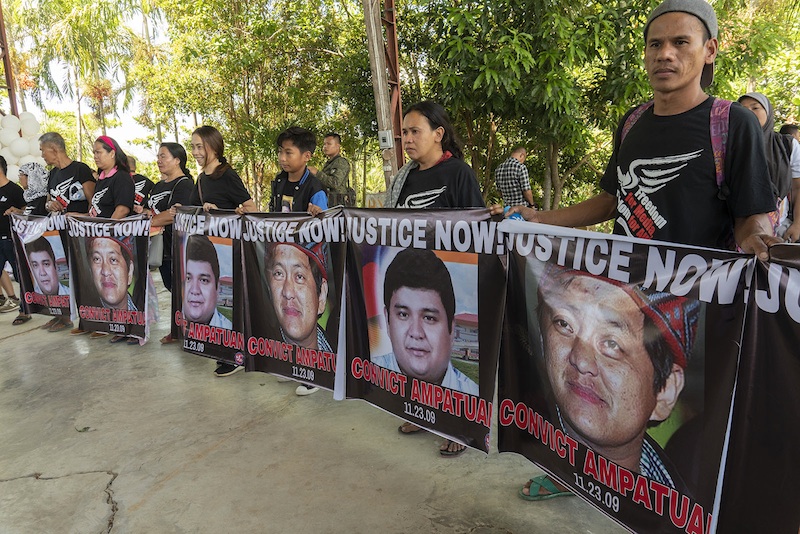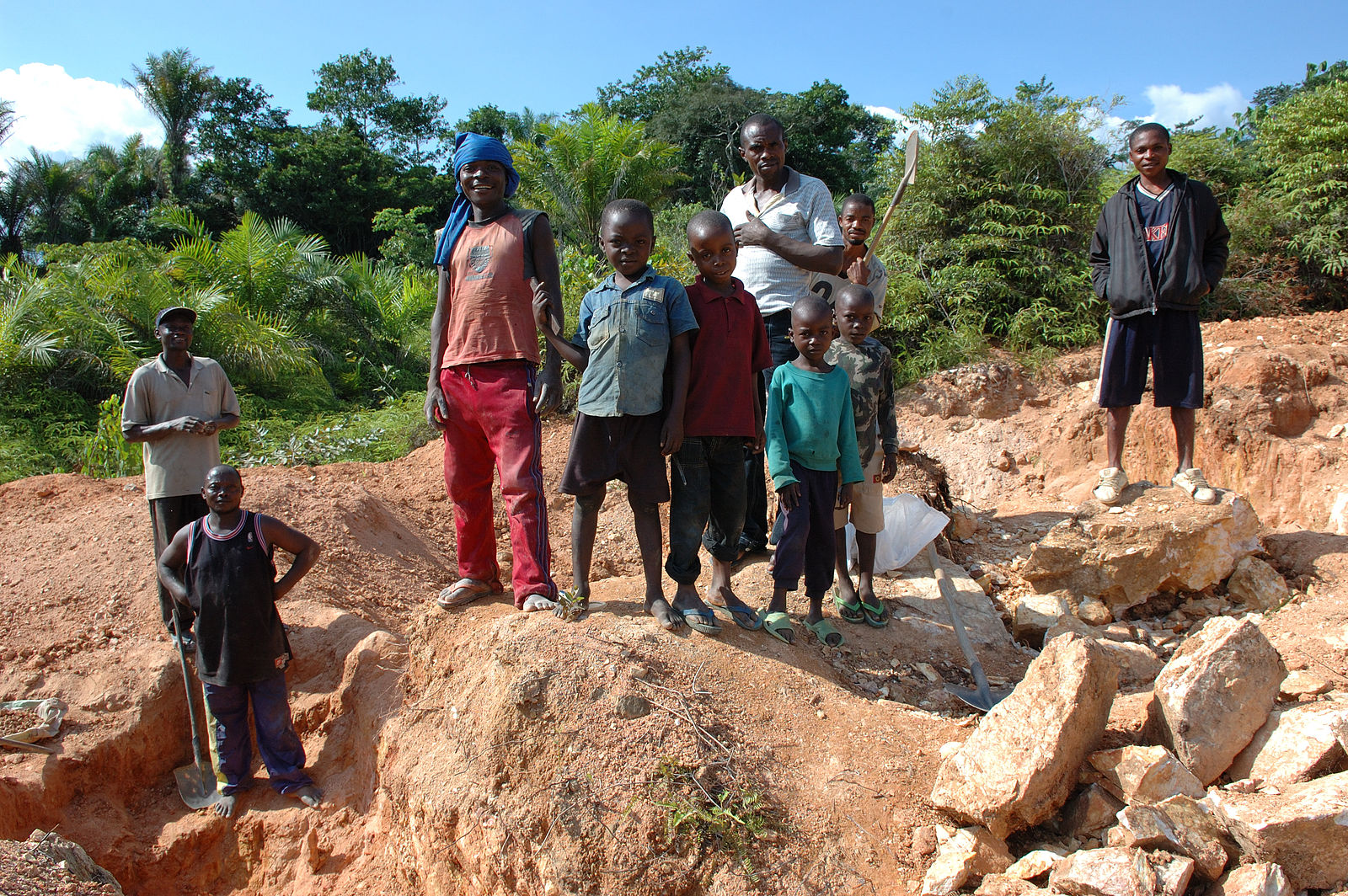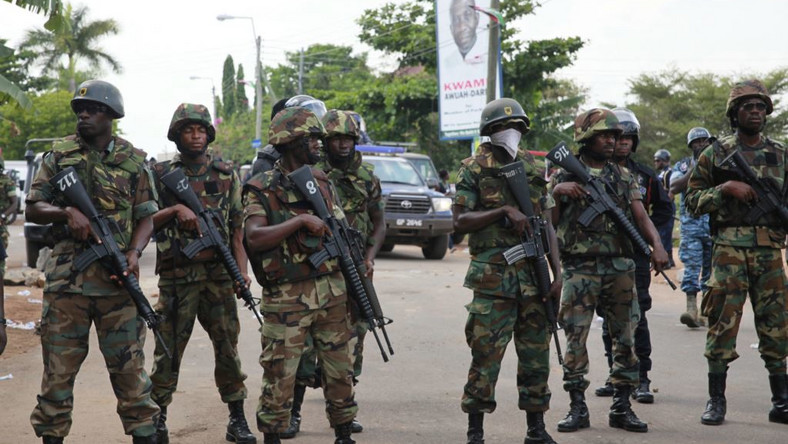
Growing police-state measures in face of COVID-19
As nations across the globe remain under lockdown, more sweeping powers are being assumed by governments in the name of containing the COVID-19 pandemic. Facing demands for relief from poor barrios running out of resources under his lockdown orders, Philippine President Rodrigo Duterte threatened to shoot protesters in the streets. Police have opened fire on lockdown violators in Nigeria, Ghana and Peru. In Tunisia, remote-controlled wheeled robots have been deployed to accost lockdown violators. States of emergency, including broad powers to restrict movements and control the media, have been declared from the Philippines to Serbia. Amnesty International warns that the restrictive measures could become a “new normal.” (Photo: Pulse, Ghana)



